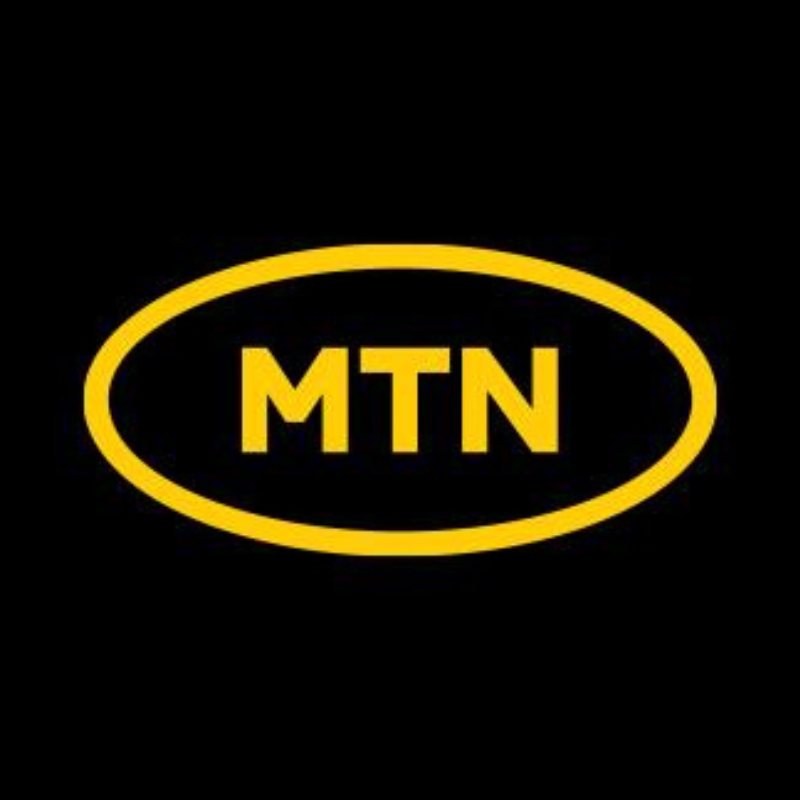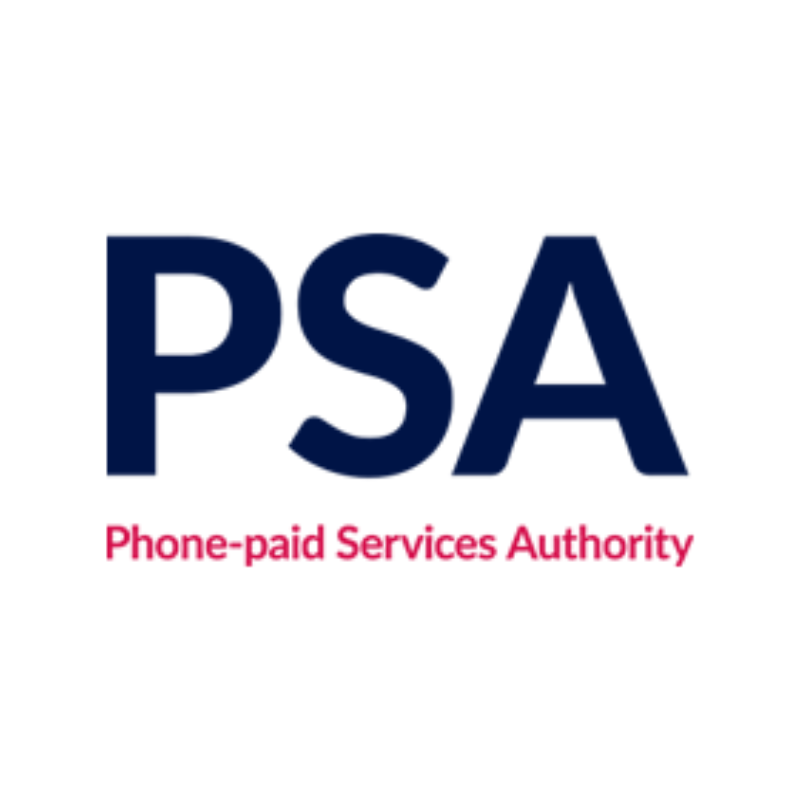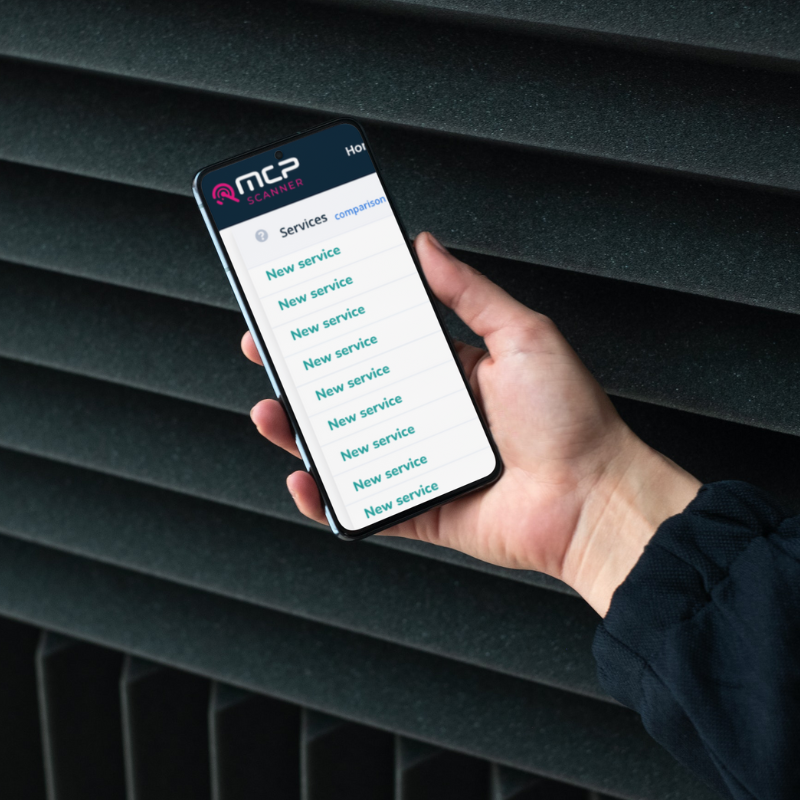By invitation of MEF, MCP Insight chaired an interesting roundtable session at the GCBS virtual event last week. Joining the roundtable were mobile operators, including Three, Ooredoo, EE, Etisalat, Telenor, T-Mobile and Orange. All these companies share a common priority, which is protecting their massive brands and maintaining the maximum trust of their customers.
This isn’t easy, when a growing mobile payments industry can cause issues, and consumers often see their primary contract with the mobile operator (platform enabler) rather than with the service brand (merchant) they purchased goods from. If there is an issue, the complaints inevitably flow to the mobile operator or regulator, before the merchant. So, it was interesting to debate the approach being taken by Operators in how to build trust.
Direct Carrier Billing (DCB) ‘Trust Drivers and Barriers’ – 2020 Consumer Research by Analysys Mason:
- Trust Drivers – increasing consumer uptake of mobile payments, driven by:
- convenience, affordability and impulse purchasing
- wider mainstream adoption of mobile payments by trusted brands (entertainment, charity, broadcast…); big platforms – Google, Apple…
- Trust Barriers – impacting consumer use:
- Being charged without consent
- Difference of what was advertised and what was received
- Price (value)
- Difficulty using the service
Roundtable Takeouts:
- The consensus was that it is wholly in the interests of mobile operators to act – preferably in a cohesive and unified way – to protect both their brand, their revenue stream and their consumers.
- However, limiting advertising channels to mainstream players like Google and Facebook is not the answer, as that only plays into the whole monolithic paradigm we all know about. The majority of advertisers need channel choice to compete.
- Mandating certain consumer payment flows (USSD/captcha/OTP) is not targeted enough to deal with issues and can lessen core mobile billing USPs of a simple and frictionless check out experience. Obviously, industry doesn’t want that – and neither do consumers, as they are getting used to the one click flow the major brands like Amazon provide.
- Restricting DCB payments to big brands only forces smaller advertisers down the credit card route – which very much limits their market, especially in developing ‘unbanked’ territories.
General consensus on what needs to happen to improve trust:
- Payment platform security and implementation of anti-fraud systems are being adopted, through a combination of mandates and providers adopting best practice. More Operator investment is needs here as progress has been slow.
Discover our fraud detection and blocking solution
- Industry is starting to address the fraud topic better through trade associations like MEF and AIMM; to understand the threat of mobile fraud and educate Industry about steps to counter fraud. They also act as important spokes bodies to media over such sensitive issues.
- Separation of responsibility across the value chain is helping define the role mobile operators, aggregators and service providers must take to improve the consumer experience. However, this only works well when the mobile operator gets directly involved in ensuring Code of Practice rules are adhered to and due diligence of providers and services is continuously carried out– so clear checks and balances are needed.
- Monitoring advertising through to check out experience is the only way to ensure consumers are not misled and receive the product they expect. Several Operators use specialist companies like MCP to monitor advertising and enforce standards.
Discover our network operator platform
- Monitoring of ad issues and fraud is most effective through a specialist 3rd party with relevant technology to scale, including monitoring of all digital ad channels. In-house monitoring is too slow to keep up with rogues determined to cause issues.
Discover our advertising monitoring platform
- There needs to be clear separation of the advertising campaign and the payment pages, to ensure the consumer focuses on key terms of purchase.
Discover our third-party verification solution
- The payment page needs to be controlled only by the carrier, a trusted payment intermediary – or an independent 3rd party with both anti-fraud detection AND payment ‘verification’ (proof of consent) in place.
- Independent witness (verification) of the terms and consumer consent to be charged is key and access to such transaction data (time stamps/IP/handset etc.) and screenshots of what the consumer saw has massive benefit in helping customers and limiting the potential for consumer fraud.
- Improve Content Standards. Don’t sign off on any service. Before a service is launched, conduct thorough ‘pre-launch’ due diligence and end-to-end service testing – to ensure clear terms, product value/price, customer care process…
- Improving the customer care process between the mobile operator and merchant to respond at speed to enquiries and with clear lines of recourse, reduces the consumer going round in circles and cementing their view that they may have been scammed. See AIMMs customer care guide for essential tips that Industry should adopt. Visit the AIMM website
Get in touch to subscribe to our newsletters
MCP Insight is a UK based compliance and fraud monitoring company, specialising in mobile gateway traffic. Our clients include Mobile Operators, Regulators, Aggregators and Merchants. We’ve been providing solutions to the mobile payments industry across 30 territories for the past six years.

































































































